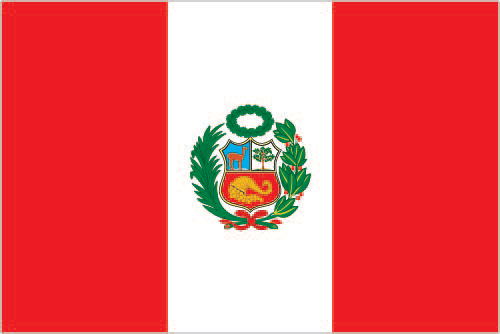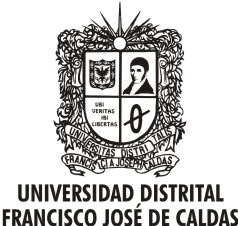
5th International Conference on Applied Informatics
27 to 29 October 2022
Universidad Continental
Arequipa, Peru
 BLENDED
BLENDED
Keynote Speakers for ICAI 2022

Walter H. Curioso
Ph.D. in Biomedical Informatics from the University of Washington (UW), Seattle, United States and Medical Doctor from Universidad Peruana Cayetano Heredia (UPCH) in Lima, Peru. Master’s in Public Health (MPH) from UW. Over the last 20 years, Dr. Curioso has held numerous leadership positions at national and international levels, both at the public and private sector. In academia, he is currently the Vice Provost of Research at Universidad Continental in Lima, Peru. In addition, Dr. Curioso is Affiliate Associate Professor in the Department of Biomedical Informatics and Medical Education in the School of Medicine at the University of Washington, Seattle, Washington, USA. Dr. Curioso has more than 140 publications, including peer-reviewed articles in indexed journals and book chapters related to health information systems, biomedical informatics and global health. Dr. Curioso is a Member of the World Health Organization Digital Health Roster of Experts. He has led the planning, implementation, monitoring and evaluation of projects at the national level related to strengthening health systems and health information systems.
Training the biomedical and health informatics workforce in the context of COVID-19 in Peru
Abstract: Biomedical informatics could significantly improve health care access, use, quality, and outcomes, realizing this possibility requires personnel trained in digital health. However, significant gaps remain in Latin America. Technological and socio-cultural disparities between different regions or between provinces within the same country are prevalent. Rural areas, where the promise and need are highest, are particularly deprived. There is an unmet need for training and building the capacity of professionals in biomedical informatics not only in Peru but also in Latin America. This Keynote aims to present a selection of experiences in building biomedical informatics capacity in Peru to illustrate a series of challenges and opportunities for strengthening digital health training programs in the Region. A successful biomedical informatics ecosystem for Peru requires culturally relevant and collaborative research and training programs in digital health. These programs should be responsive to the needs of all relevant regional stakeholders, including government agencies, non–governmental organizations, industry, academic or research entities, professional societies, and communities.

Robert Laurini
Prof. Robert Laurini, (aka Roberto) after having been distinguished professor of information technology at INSA/University of Lyon, France, was appointed emeritus professor at KSI, United States. During his career, he has supervised 44 doctoral students and was a member of PhD committees in 17 countries. He worked in the United Kingdom, the United States, Italy, Argentina and Mexico. After carrying out research in geographic information systems for urban and environmental planning, he turned to artificial intelligence and geographic knowledge modelling for smart cities and territorial intelligence. On these subjects, he wrote 8 books and more than 250 articles. In 2009, he founded "Universitaires Sans Frontières/Academics Without Borders", an NGO dedicated to the modernization of universities in which he is in charge of Latin America. He speaks French, English, Italian and Spanish. See www.laurini.net/robert
A Research Agenda on Knowledge Management for Regional Policies
Abstract: A few months ago, there was an expert brainstorm worshop whose aim was to create a research agenda dedicated to knowledge engineering and management for regional planning and policy making. After having analysed the Sustainable Development Goals and the possible regional levers, several directions and lines of research have been identified and detailed. In total, 39 lines of research were proposed, leading to more than 100 doctorate subjects. The first set was to reveal the characteristics of regional knowledge in contrast to conventional business knowledge. The other lines of research range from the modeling of space-time knowledge to fuzzy rules, from gazetteers to ontologies, from scalability to the supersiding of geographic rules, etc This research agenda addresses also related to border effects, semantic and seamless interoperability of geographic knowledge systems, and the needs for curating of knowledge and elimination of false knowledge have also been identified. Without forgetting the integration of collective intelligence, the use of knowledge (case-based reasoning) can also boost the economy/innovation and technological and sociological watching.
Organized by
Sponsored by
2018 - 2026 All rights reserved





